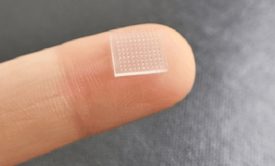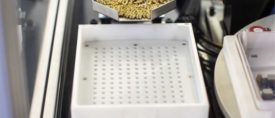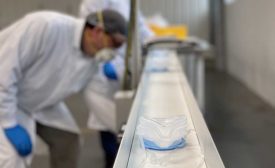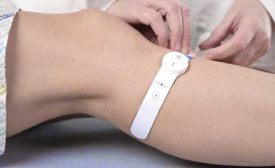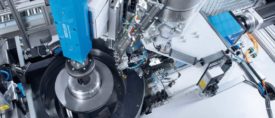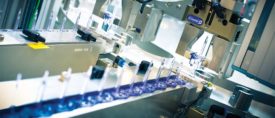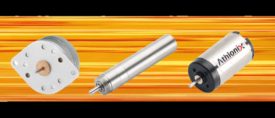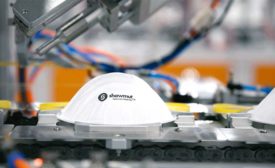Medical Devices Assembly
Flexible Feeder Solves Assembly Challenge
SCARA robots free skilled labor from dull, repetitive task.
October 7, 2021
Assembly Presses for Low-Force Applications
When a press application requires 1,000 pounds of force or less, manufacturers increasingly prefer an electromechanical servo press to a manual or pneumatic one.
September 3, 2021
Digital Transformation in Medical Device Manufacturing
Medical manufacturers are embracing digital transformation as a means to gain agility and efficiency.
August 23, 2021
What to Consider When Choosing an Electric Motor
Speed, torque and accuracy are among the factors to consider when choosing an electric motor for an application.
August 6, 2021
Making it in America—Companies Reshore Manufacturing of Essential Products
Shortages of essential products caused or revealed by the COVID-19 pandemic warrant shortening supply chains to reduce risk and increase resilience.
August 2, 2021
Never miss the latest news and trends driving the manufacturing industry
Stay in the know on the latest assembly trends.
JOIN TODAY!Copyright ©2025. All Rights Reserved BNP Media.
Design, CMS, Hosting & Web Development :: ePublishing
